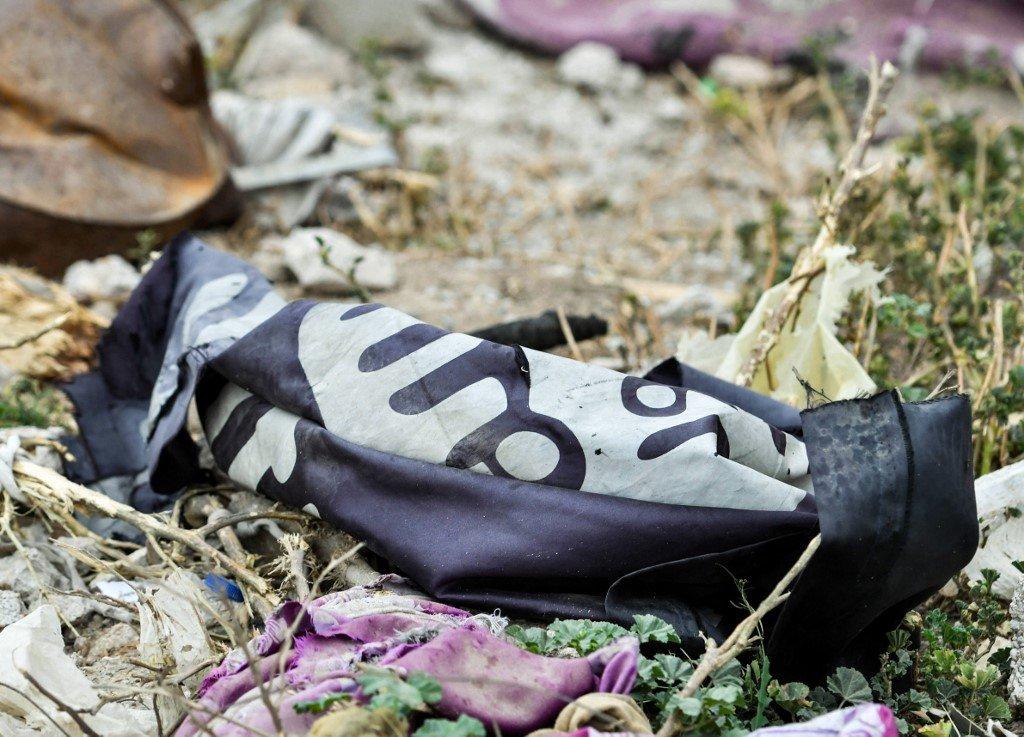IS recruiting British youth in pandemic, says foreign minister
The country has been rocked in recent years by a series of deadly attacks perpetrated by those either with links to Islamist groups or radicalised by propaganda disseminated online.
Just In
The Islamic State (IS) group and other terror organisations are recruiting young people in the UK in “worrying numbers”, British Foreign Secretary Dominic Raab warned on Thursday.
Speaking in the UK parliament, Raab said the country’s counter-terrorism referral unit saw a 7% rise in the volume of terrorist content found online in the year to December 2020.
He added that British police were seeing “a worrying rise in the proportion of children and teenagers that are now being arrested for terrorism offences”.
Britain has grappled to contain the threat posed by IS after hundreds of UK nationals travelled to the Middle East and joined the terror group after 2014.
The country has been rocked in recent years by a series of deadly attacks perpetrated by those either with links to Islamist groups or radicalised by propaganda disseminated online.
Raab warned IS was “still able to carry out lethal attacks” even though its power has steadily weakened since an international military campaign against it began in 2014.
He added the group still represented the “most significant terrorist threat” both in Britain and abroad.
Raab said Britain had “carried out a range of targeted and effective cyber operations” on behalf of the global coalition against IS and was tackling its propaganda “head on”.
He called the “accessibility of terrorist content online” during lockdown “a perfect storm” because it gave terrorists “digital access to those who are probably the most susceptible to extremist narratives”.
Figures from Britain’s interior ministry have shown the number of arrests for terrorism-related activity fell by 34% in 2020, the lowest level in nine years.
Despite this, the number of terror plots prevented by authorities has risen to 28 since March 2017, according to police.
Subscribe to our newsletter
To be updated with all the latest news and analyses daily.
